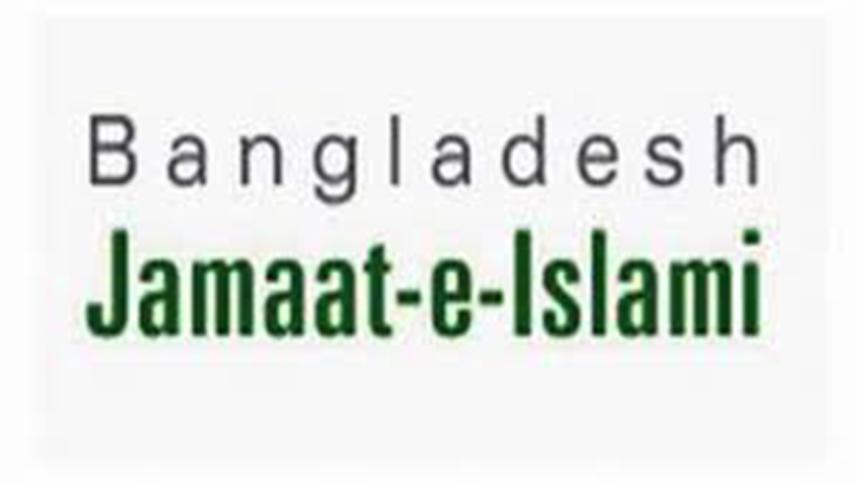Internet keeps Jamaat alive

With virtually no presence on the streets or even in the public eye, top leaders of Jamaat-e-Islami have now resorted to the Internet to keep the party alive.
Important programmes, like today's hartal announced yesterday to protest the apex court's upholding the death penalty
for Jamaat Secretary General Ali Ahsan Mohammad Mojaheed for his 1971 crimes, are made public through online means.
Holed up to avoid arrest, they are using online messaging and other communications applications to hold "virtual" meetings among themselves and take vital decisions.
Viber, Skype, Tango and Google Hangouts are their favourites, party insiders said.
The Jamaat top leaders converse among themselves through the apps and then convey their decisions and necessary instructions to a "communication cell", which passes them on to the district-level leaders. These leaders then relay the messages down the chain of command.
After the party's normal ways of communications broke down following the arrest of its top leaders in connection with war crimes charges, an eight-member team of Jamaat now takes the key decisions.
With Jamaat's acting chief Maqbul Ahmad at the helm, the team consists of Majibur Rahman, Rafiqul Islam Khan, Hamidur Rahman Azad, Abdullah Mohammad Taher, Nurul Islam Bulbul, Abdul Halim, and Shafiqur Rahman -- all members of the central executive committee, the highest policy-making body of the party.
The decisions taken by these leaders are circulated to the media in the form of press releases or statements through emails and uploaded on the party website by the so-called communication cell.
The media handouts do not carry the signatures of any top leader. Some barely-known members of the Central Publicity Wing usually sign them.
Yesterday's statement regarding enforcing the 24-hour hartal from this morning was issued in the same process as described above. It bore the signature of one M Alam of the Central Publicity Wing, Jamaat insiders said.
Sometimes, the grassroots leaders are informed of the central decisions or instructions though mobile phones, according to the sources.
However, the communication remains one-way, meaning that the numbers are used only for outgoing calls. The grassroots leaders cannot reach the central leaders on those numbers if they call back.
The numbers are frequently changed to dodge tracking by intelligence agencies, they told The Daily Star.




 For all latest news, follow The Daily Star's Google News channel.
For all latest news, follow The Daily Star's Google News channel.
Comments